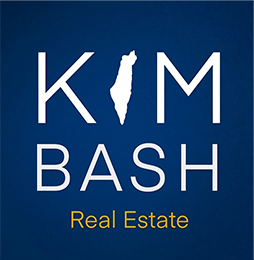PARDES CHANA
It’s not exactly in the north of the country, nor in the center. Maybe that’s what makes Pardes Channa in the northern Sharon region a place where each person can be whatever he or she wants. On the one hand, the town has filled up in recent years with city people from Tel Aviv, Ramat Hasharon and other cities in central Israel who came here for the dream of a country home, a garden and a family dog—despite the early morning traffic jams on Israel’s coastal road. On the other hand, Pardes Hanna has become a place for beatniks and artists who have discovered a place to create, to launch initiatives, and enjoy a rich community life.
Amid this modern-day influx, let’s not forget the veterans of ‘Moshava HaYekkim’ (1929), who grew up under the patronage of Baron de Hirsch (“The Known Benefactor”), and of Karkur (1913), who preserved the character of Arab landholders from the Ottoman period. Here we see a dynamic mix of old and new, longstanding and new young residents, artists and common people. Something in this human patchwork seems to be going quite well. This town with its seemingly endless tiny roads and its 43,000 residents somehow still refuses to become a city. Maybe it’s due to the prestige of remaining a ‘local council’, or maybe due to the bureaucracy involved.One way or another, Pardes Channa (named for Hannah Rothschild, the niece of Baron de Hirsch) is marking 90 years since its founding and 50 years since its union with Karkur in 1959. “So why does everyone call it “Pardes Canna” rather than “Pardes Channa-Karkur”?
Irit Oren, director of the Veteran’s House, explains: Both communities have strong sentiments for their past and neither wants to surrender its classic name. Pardes Channa was once considered the “spoiled younger sister” due to the philanthropy of the Baron while Karkur’s roots go back to an English association founded on capital and entrepreneurship that, surprisingly, succeeded during hard times in Israel. Neither really wanted the other, but just like today’s political rivals in Israel they understood that two is stronger than one.

